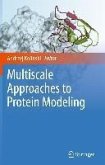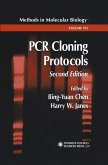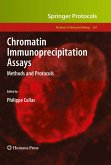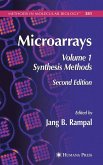Dieser Download kann aus rechtlichen Gründen nur mit Rechnungsadresse in A, B, BG, CY, CZ, D, DK, EW, E, FIN, F, GR, HR, H, IRL, I, LT, L, LR, M, NL, PL, P, R, S, SLO, SK ausgeliefert werden.
"This book has much to offer biologists interested in the molecular biology of developmental systems in a wide range of vertebrates." - Doody's Health Sciences Book Review Journal
"Universal techniques are well-written, complete, and easy to follow including in situ hybridization, differential display PCR, as well as standard protocols for library construction, Northern and Southern analyses. This would be an excellent addition to any developmental biology laboratory, university department, and especially good for graduate students and post-docs." -Teratology
"...this book is a tome, a necessity imposed on it by its breadth, both in terms of model organisms (mouse, chicken, amphibians, zebra fish and prochordates) and methods (surgery, retro-virology, in situ hybridization, molecular biology, immunohistochemistry, microscopy and photography.) The protocols are compact and clearly written, with ever-so-helpful hints (called notes) grouped at the end of each chapter. ...we encourage both teachers and researchers actively involved in experimental embryology to buy this book, put it on the shelf and let your students know it is there." - TINS
"Molecular Embryology provides an excellent source for understanding the strengths and weaknesses of the various vertebrate model organisms, and provides a ready source for highly useful protocols....The protocols are thoroughly described and are accompanied by helpful illustrations. Developmental biologists will be pleased to add this book to their collection, and will likely reference it often for its many useful protocols." - The Quarterly Review of Biology
"This book is of interest to embryologists, biologists and probably to some neonatologists and geneticists. It describes in detail the experimental use of animal embryos...A well illustrated and referenced text for specialists." - Journal of Endocrine Genetics









